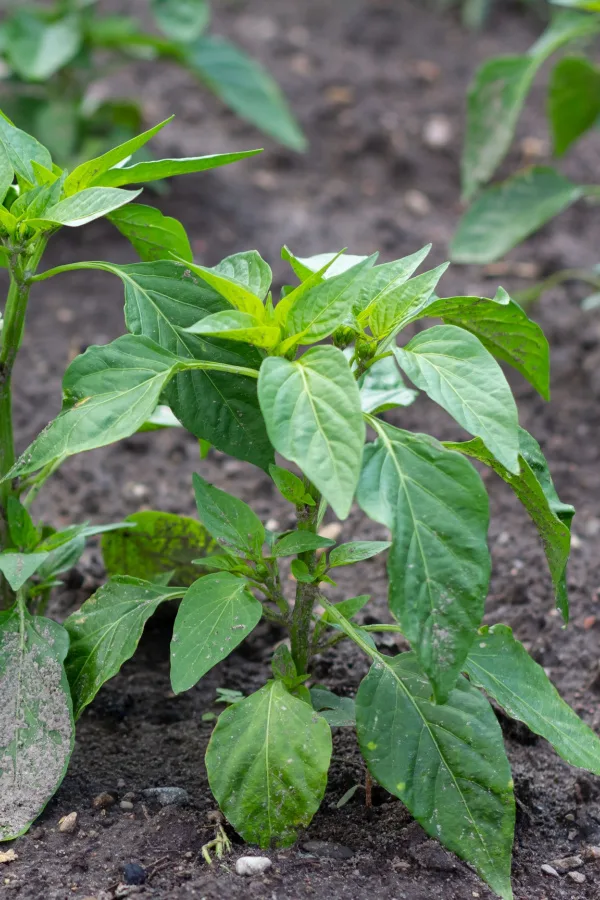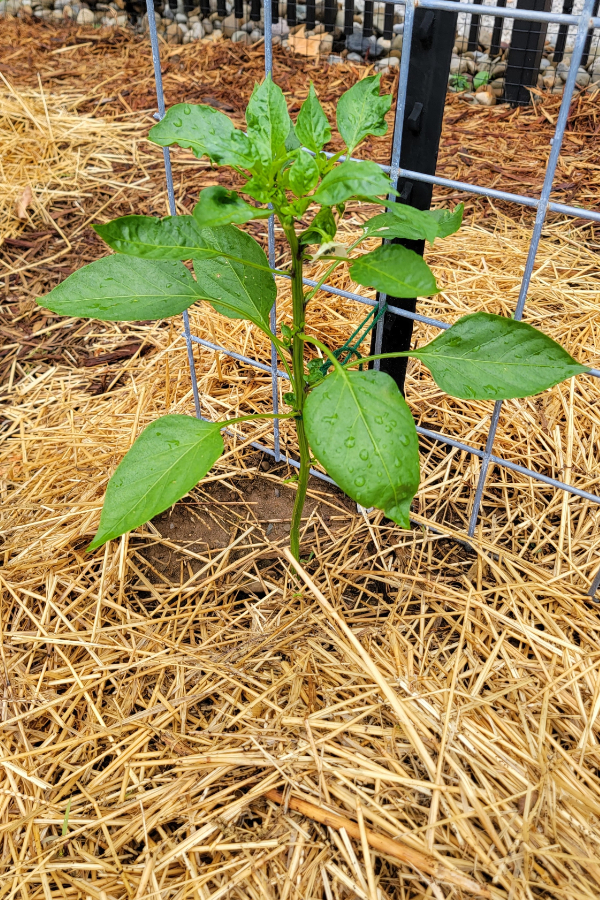Best Fertilizers for Peppers: Improve Growth and Taste with Our Top Picks
Best Fertilizers for Peppers: Improve Growth and Taste with Our Top Picks
Blog Article
How Fertilizers Play an Essential Role in Cultivating Plentiful and healthy and balanced Pepper Crops
Plant foods function as the foundation of effective pepper farming, supplying a critical method to nourishing the dirt and cultivating optimum plant growth. The detailed dancing in between important nutrients and the pepper plants' physical procedures underscores the pivotal function that fertilizers play in ensuring a bountiful harvest. From fueling durable root growth to bolstering disease resistance, the effect of fertilizers is far-ranging in the farming of rewarding and healthy and balanced pepper plants. Keep tuned to discover the nuanced methods which fertilizers add to the prospering of pepper plants and the sustainable practices that underpin their efficiency.
Significance of Nutrient-Rich Fertilizers
The use of nutrient-rich fertilizers plays a pivotal function in boosting the performance and top quality of pepper plants in contemporary agricultural techniques. Potassium, nitrogen, and phosphorus are main nutrients that are important for the growth and growth of pepper plants.
Poor levels of these nutrients can lead to stunted development, lowered returns, and sensitivity to diseases (best fertilizers for peppers). Nutrient-rich plant foods give a targeted solution to guarantee that pepper plants receive the necessary elements for optimal growth and productivity. Additionally, these fertilizers aid enhance soil fertility in time, producing a sustainable environment for long-term pepper cultivation
Enhancing Plant Growth and Advancement
To enhance plant growth and growth in pepper crops, calculated application of nutrient-rich plant foods is vital. Fertilizers play a crucial role in improving the overall health and wellness and productivity of pepper plants by providing them with necessary nutrients that might be lacking in the dirt. Phosphorus, potassium, and nitrogen are main macronutrients needed in huge amounts by peppers for robust growth. Nitrogen aids in leafed eco-friendly development and total plant vitality, phosphorus supports root growth and flower formation, while potassium adds to illness resistance and fruit quality.
Iron, for circumstances, is required for chlorophyll manufacturing, which is necessary for photosynthesis and total plant development. Zinc plays a crucial function in enzyme task and hormone synthesis, impacting plant growth and development at a cellular degree.

Boosting Illness Resistance With Fertilizers
By strategically including targeted plant foods, farmers can strengthen the illness resistance of pepper plants, making sure optimum plant wellness and productivity. Plant foods consisting of essential nutrients like phosphorus, potassium, and nitrogen play a critical role in strengthening pepper plants' immune systems, making them extra resistant to various diseases.

Optimizing Pepper Yield Via Fertilization
Utilizing a well balanced fertilizing strategy is crucial to achieving maximum pepper return and making certain optimal crop productivity. By supplying peppers with the best nutrients at the correct time, farmers can significantly improve their return capacity. Phosphorus, potassium, and nitrogen are vital elements for pepper development, with nitrogen helping in leaf and stem advancement, phosphorus sustaining root development and flower development, and potassium promoting overall plant health.
To take full advantage of pepper yield, it is essential to conduct dirt tests to establish existing vitamins and mineral degrees and identify any type of deficiencies that require to be attended to. Based on these outcomes, farmers can develop a customized fertilization plan that meets the details needs of their pepper plants. In addition, appropriate fertilization methods such as split applications throughout the expanding period can ensure continuous nutrient schedule for the plants.

Lasting Fertilizer Practices for Peppers
In considering lasting plant food practices for peppers, Bonuses it is important to concentrate on long-term dirt wellness and environmental stewardship in combination with taking full advantage of crop productivity. Lasting plant food practices aim to improve or preserve soil fertility while decreasing adverse environmental effects. One vital approach is the usage of natural fertilizers such as garden compost, manure, or cover plants, which not only provide crucial nutrients to the peppers but also add to soil framework and microbial activity. These organic options help construct raw material in the soil, enhancing its ability to retain water and nutrients, thus supporting long-term crop health and wellness and resilience.
Additionally, accuracy farming methods, such as soil testing and targeted nutrient applications, can assist optimize fertilizer usage, making certain that peppers obtain the nutrients they require check without excess overflow right into rivers. This not only profits the atmosphere by decreasing contamination but likewise conserves expenses for farmers by minimizing waste. By adopting sustainable plant food practices, pepper growers can protect the health and wellness of their crops, soil, and surrounding communities for future generations.
Conclusion
In final thought, plant foods are vital for growing healthy and bountiful pepper plants. best fertilizers for peppers. They supply essential nutrients for plant development and development, increase disease resistance, and take full advantage of return. By executing sustainable plant food techniques, farmers can make certain the long-term health of their pepper crops and add to a much more effective and environmentally-friendly farming system
The complex dance in between important nutrients and the pepper plants' physical procedures highlights the crucial duty that fertilizers play in making certain a plentiful harvest.To optimize plant development and advancement in pepper crops, critical application of nutrient-rich plant foods is essential. Fertilizers play an important role in improving the total health and efficiency of pepper plants by offering them with crucial nutrients that may be lacking in the soil.By purposefully including targeted plant foods, farmers can click for more strengthen the condition resistance of pepper crops, making certain ideal plant health and wellness and productivity. Plant foods consisting of important nutrients like nitrogen, potassium, and phosphorus play an essential function in strengthening pepper plants' immune systems, making them much more resilient to various illness.
Report this page